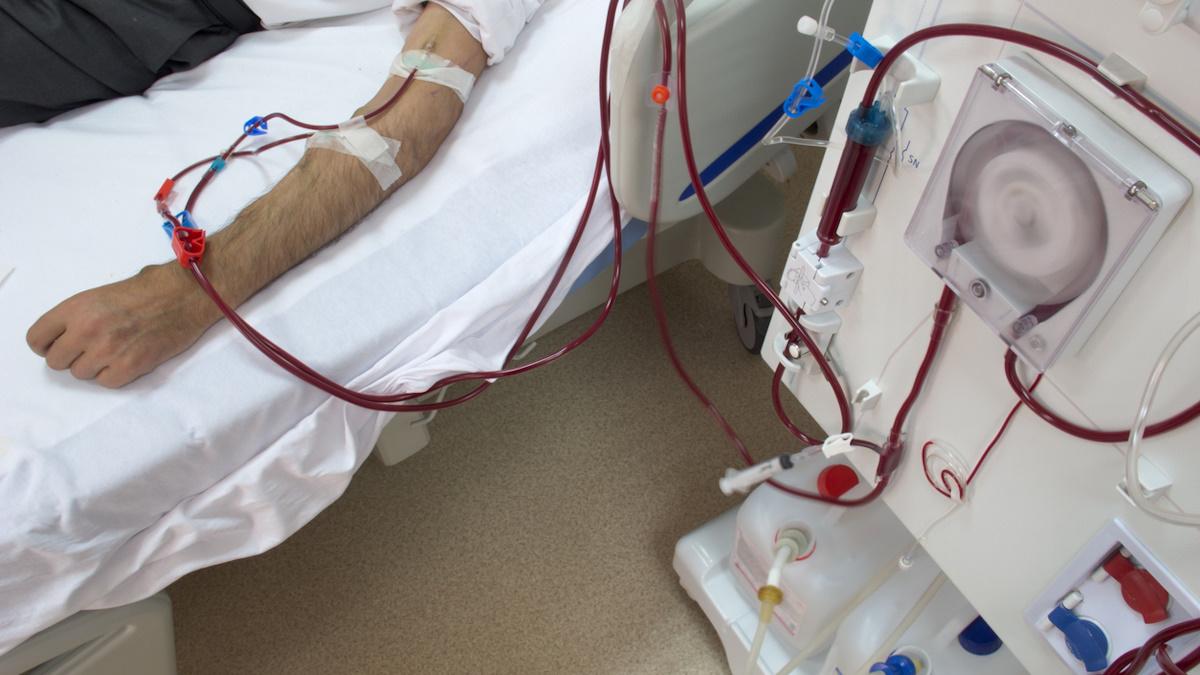Unicycive eyes June FDA verdict for hyperphosphataemia drug

The FDA has started a review of Unicycive Therapeutics' drug for hyperphosphataemia in patients with chronic kidney disease (CKD) who need dialysis, which hopes to improve on 'onerous' phosphate binder therapy.
The US regulator is due to deliver a verdict on Unicycive's oxylanthanum carbonate (OLC) candidate by 28th June, potentially giving the Los Altos, California-based company its first approved product.
OLC is being developed as a more patient-friendly alternative to Takeda's phosphate binder Fosrenol (lanthanum carbonate), which is sold in a large chewable tablet formulation, while other drugs in the class can require patients to take as many as 12 pills per day.
In contrast, Unicycive's drug requires fewer and smaller pills to be taken and can be swallowed whole with water and, according to the company's chief executive Shalabh Gupta, that could offer "meaningful patient adherence benefits." The company hopes to get approval for a dose of one tablet – similar in size to a regular-strength aspirin – three times per day.
In a survey commissioned by Unicycive that was conducted in 2022, kidney disease specialists said that the greatest unmet need in the treatment of hyperphosphataemia with phosphate binders is a lower pill burden and better patient compliance.
A high phosphate level in the blood is a common complication of CKD, particularly affecting patients on dialysis. In severe cases, it can cause bone and muscle problems, as well as increase the risk of heart attacks and strokes.
The global market for hyperphosphataemia therapies is around $2.5 billion, of which $1.1 billion comes from the US, where there are more than half a million patients on dialysis and around 400,000 on phosphate binders.
Despite the availability of six FDA-approved phosphate binders, around 75% of patients fail to achieve serum phosphorus targets, according to Unicycive, which adds that an uncontrolled blood phosphate level is "strongly associated" with increased hospitalisation and death.
In its pivotal trial, 69% of evaluable patients achieved their target serum phosphate level at a dose of a 500mg pill taken three times daily.
The company has filed OLC for approval with the FDA using the 505(b)(2) regulatory pathway, a streamlined process that allows the manufacturer to draw on existing data with the originator drug.
That means Unicycive has only had to run three clinical trials – a phase 1 study in healthy volunteers, a bioequivalence study in healthy volunteers, and a tolerability study of in CKD patients on dialysis – to support its marketing application.
"We are thrilled with the FDA acceptance of our first NDA, a significant milestone towards our efforts to bring this important treatment option to patients with kidney disease if approved," said Gupta.











